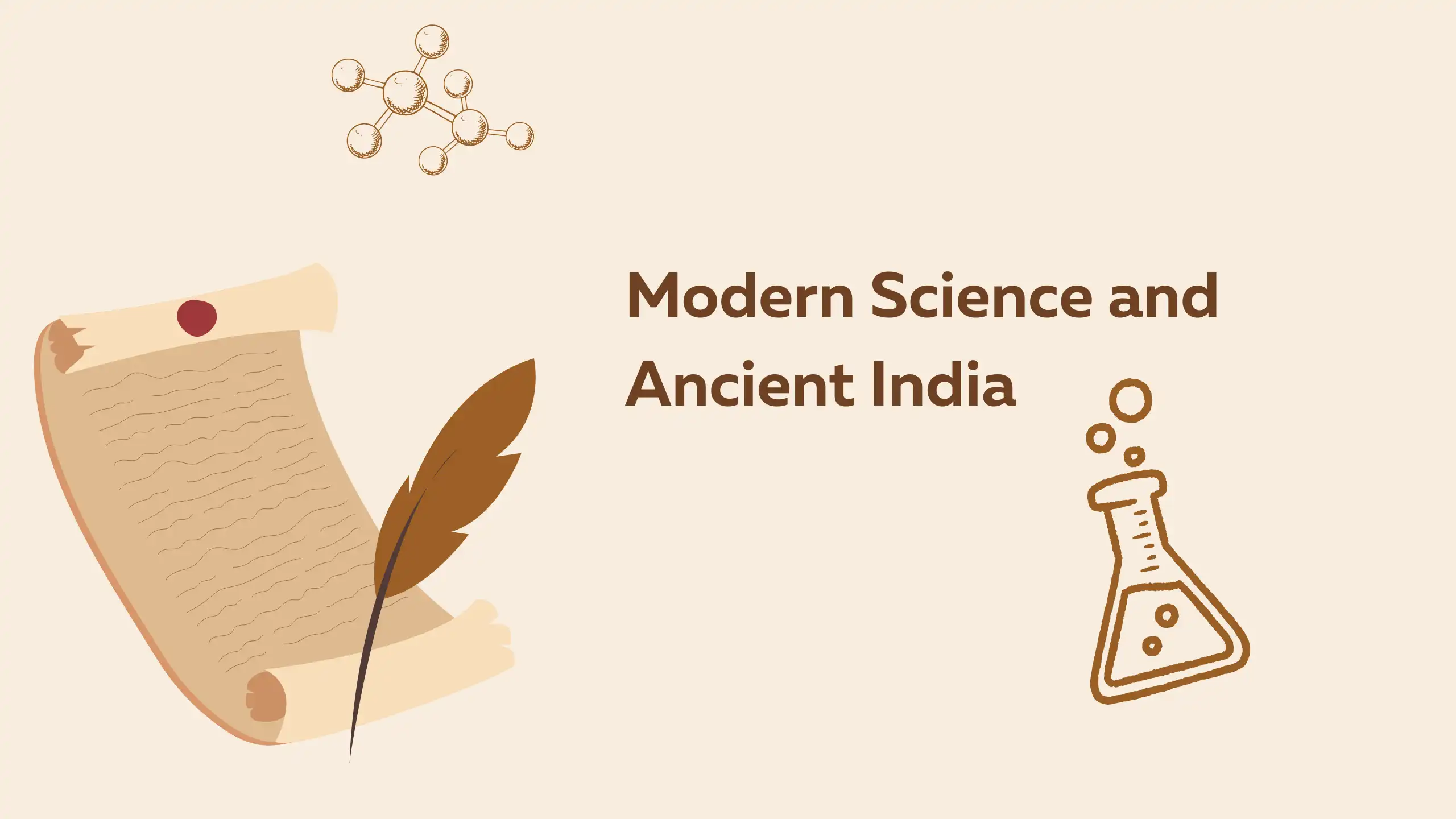NCERT’s New Class 8 Science Textbook Bridges Modern Science and Ancient India

The National Council of Educational Research and Training (NCERT) has released its revamped Class 8 Science textbook, seamlessly merging modern science and ancient India to inspire curiosity and cultural pride. Spanning 228 pages, this book aligns with NEP 2020 and NCFSE 2023 initiatives.
🔬 Ancient Wisdom Meets Cutting‑Edge Concepts
The textbook includes sections like “Ever Heard Of?” and “Our Scientific Heritage”, which introduce ingenious insights from ancient India alongside modern scientific ideas. Examples include:
Acharya Kanad’s microscopic theory on Parmanu (atoms), presented in a chapter on the particulate nature of matter.
Bhaskara II’s celestial observations, employing water and reflective techniques to understand astronomy—an early form of optics.
Variolation, an early Indian method against smallpox, discussed under “Health: The Ultimate Treasure” with parallels drawn to modern vaccines and India’s role during the COVID‑19 pandemic.
Additionally, the text highlights traditional uses of bronze (kamsya) in Ayurveda to aid digestion and immunity—showcasing the depth of ancient scientific practice.
Timekeeping, Space Missions & Cultural Connection
The chapter “Keeping Time with the Skies” references the Taittiriya Samhita, describing the Sun’s six‑month journey—an early astronomical insight.
Students also learn about ISRO’s key missions like Chandrayaan, Mangalyaan, and Aditya‑L1, connecting India’s historical scientific heritage to modern space exploration achievements.
A Pedagogy Rooted in Inquiry and Cultural Pride
Designed to foster experiential and inquiry‑based learning, the textbook promotes ethical thinking and environmental awareness by blending physics, chemistry, biology, and earth sciences within an Indian cultural context.
Education experts like J.S. Rajput (former NCERT director) and Sushma Yadav (Vice‑Chancellor, Central University of Haryana) commend the textbook for making science learning culturally resonant and inspiring students with their native scientific heritage.
👩🔬 Celebrating Indian Scientists
A dedicated “Be a Scientist” section highlights renowned Indian figures such as Vikram Sarabhai, Meghnad Saha, Asima Chatterjee, Kamal Ranadive, and M.K. Bhan, aiming to spark passion and purpose among young learners.
Progressive Textbook Rollout
This launch is part of NCERT’s ongoing textbook modernization under NEP 2020. After releasing new textbooks for Classes 1–2 (2023) and 3 & 6 (2024), the updated editions for Classes 4, 5, 7, and now 8 have been introduced—each designed to foreground learning that's relevant, interactive, and deeply rooted in India’s knowledge systems.
